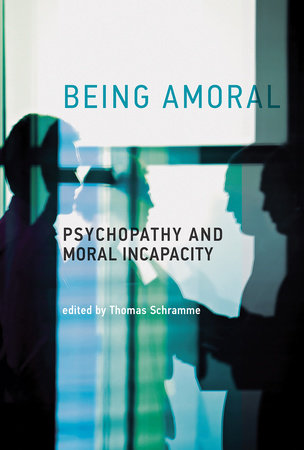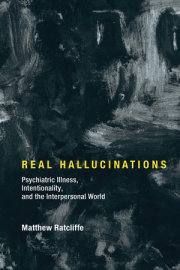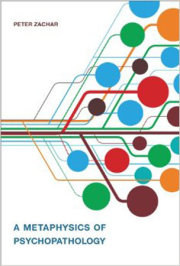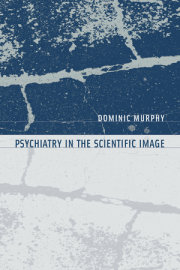Investigations of specific moral dysfunctions or deficits that shed light on the capacities required for moral agency. Psychopathy has been the subject of investigations in both philosophy and psychiatry and yet the conceptual issues remain largely unresolved. This volume approaches psychopathy by considering the question of what psychopaths lack. The contributors investigate specific moral dysfunctions or deficits, shedding light on the capacities people need to be moral by examining cases of real people who seem to lack those capacities.
The volume proceeds from the basic assumption that psychopathy is not characterized by a single deficit—for example, the lack of empathy, as some philosophers have proposed—but by a range of them. Thus contributors address specific deficits that include impairments in rationality, language, fellow-feeling, volition, evaluation, and sympathy. They also consider such issues in moral psychology as moral motivation, moral emotions, and moral character; and they examine social aspects of psychopathic behavior, including ascriptions of moral responsibility, justification of moral blame, and social and legal responses to people perceived to be dangerous.
As this volume demonstrates, philosophers will be better equipped to determine what they mean by “the moral point of view” when they connect debates in moral philosophy to the psychiatric notion of psychopathy, which provides some guidance on what humans need in order be able to feel the normative pull of morality. And the empirical work done by psychiatrists and researchers in psychopathy can benefit from the conceptual clarifications offered by philosophy.
Contributors
Gwen Adshead, Piers Benn, John Deigh, Alan Felthous, Kerrin Jacobs, Heidi Maibom, Eric Matthews, Henning Sass, Thomas Schramme, Susie Scott, David Shoemaker, Walter Sinnott-Armstrong, Matthew Talbert















